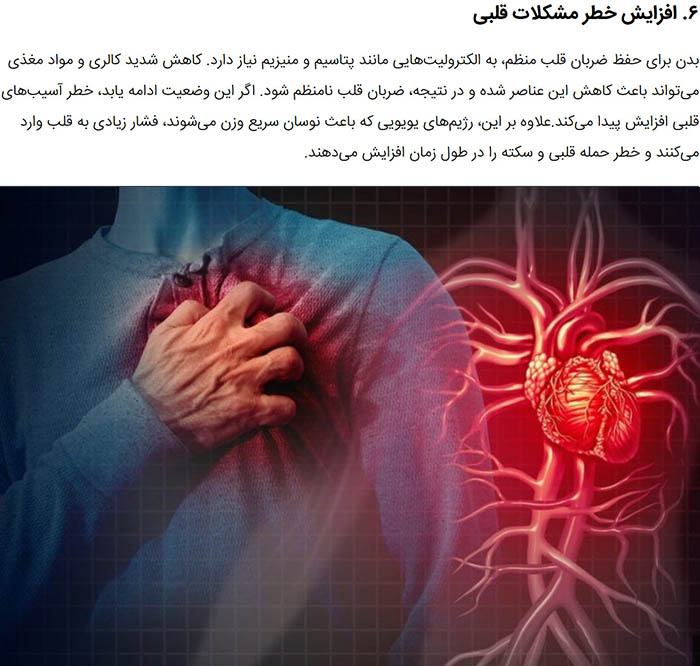Bones are living tissues that constantly renew themselves and require sufficient amounts of calcium, vitamin D, and other essential nutrients to remain strong and healthy. When a person follows a restrictive or low-calorie diet, the intake of these vital nutrients often decreases. To maintain the necessary calcium balance in the blood, the body compensates by drawing calcium from the bones, gradually weakening them. Over time, this leads to reduced bone density, increasing the risk of osteopenia and osteoporosis, conditions that make bones fragile and more prone to fractures.
In addition, rapid or extreme weight loss can worsen bone health, especially in women. A restrictive diet can lower estrogen levels, a hormone essential for maintaining bone strength. This effect is particularly concerning for women approaching or experiencing menopause, when natural estrogen levels are already declining. As estrogen decreases, the rate of bone loss accelerates, significantly heightening the risk of bone fractures and spinal deformities in the long term.
To prevent bone damage, it is important to maintain a balanced diet rich in calcium, vitamin D, and protein, along with regular weight-bearing exercise. These habits help preserve bone mass, improve strength, and protect against the long-term consequences of restrictive dieting.

